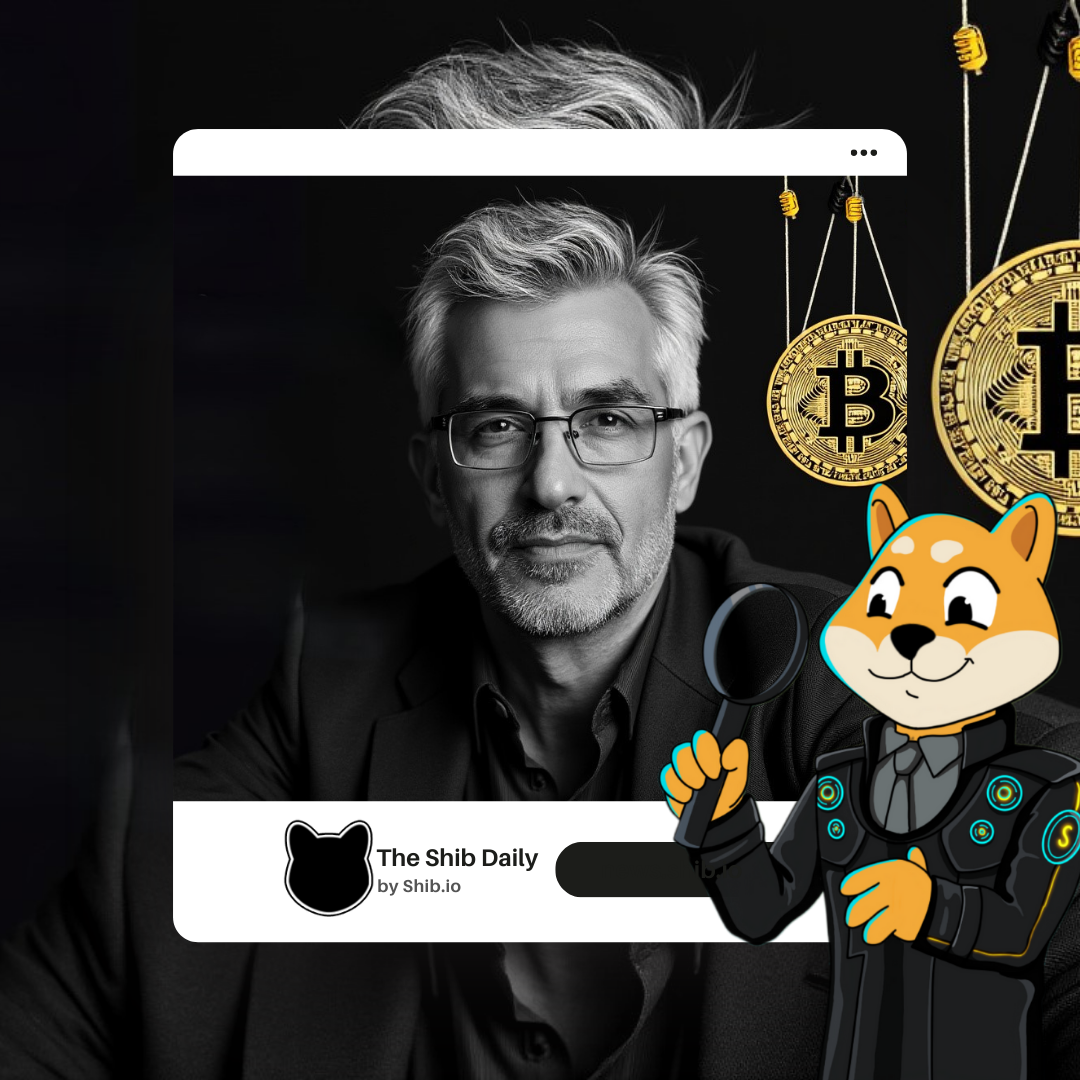Veteran hedge fund manager Mark Yusko asserts that the introduction of Bitcoin exchange-traded funds (ETFs) has granted Wall Street a degree of control over the cryptocurrency’s price movements.
In a recent interview with crypto podcaster Scott Melker, Yusko, the CEO and founder of Morgan Creek Capital Management, observed a lack of significant selling pressure in both spot and ETF Bitcoin markets. However, he attributed the recent Bitcoin correction to entities heavily shorting BTC in the futures market.
Institutiоnal Shorting: A Tactic to Accumulate Bitcoin at a Discount?
Yusko posits that institutions are strategically shorting Bitcoin to artificially depress its price, creating an opportunity to accumulate coins at a discount. He explained a “quirk” in the ETF trading mechanism that allows for potential manipulation:
“There’s a little quirk on how ETFs work. ETFs don’t trade all day long. They trade in a very small window at the end of the day. So it’s logical if you got a big order, you know you got a big оrder, you’re BlackRock and you have to fill that order with Bitcoin, you don’t want the price high.”
He continued: “You want the price low. So you actually, somewhere else in your book, not accusing anybody of anything, you might go out and sell the shit out of Bitcoin to push the price down so you can buy it for cheaper. That tends to happen on Wall Street all the time in all assets.”
Related: Industry Celebrates the New $70M Domain Mogul But His Crypto Shadows Linger
Yusko suggested that this tactic, a common practice on Wall Street across various asset classes, involves creating a false impression of negative sentiment to drive down prices before accumulating significant holdings.
“So if you really want to buy a lot of something, you don’t tell everybody you love it. You don’t go out and buy it. You actually go short a little bit and you tell everyone you hate it.”
Bitcoin’s Auditability: A Defense Against Manipulation?
Yusko’s analysis sparked debate within the cryptocurrency community. Macroeconomist Micro2Macr0 acknowledged the potential for manipulation but highlights a key distinction between Bitcoin and traditional assets like gold:
“This can happen to a degree but the key difference with #Bitcoin vs. #Gold manipulation is that $BTC is auditable due to its public ledger, even though it’s pseudo-anonymous, and that the underlying asset canNOT have an increase in the value of the underlying asset. Not that gains cannot be played, but the ability to control its price is MUCH lower.”
Related: Crypto Titans Bunker Down Now: Vitalik’s Austerity Vow, Binance $1B Bitcoin Shield
Bitcoin ETFs: A “Final Rug Pull” for Crypto?
However, retired asset manager and founder of Sprott Resources & Sprott Consulting, Kevin Bambrough, expressed a more critical perspective, suggesting that ETFs could facilitate a “final rug pull”:
“The creation of crypto ETFs surely has made it much easier and safer to make big bets against crypto… When the crypto exchanges blow up, there will be billions made by those that took big bets against it. In my mind, the ETF launch was in part to allow some on Wall Street to be able to profit from the demise of the crypto world. The ETFs represent the final rug pull. Just like products created to allow some to make historic profits betting against the housing bubble in 2007-2008.”
The Uncertain Future of Bitcoin in a Wall Street-Dominated Market
Yusko’s analysis, along with the varied responses it has elicited, underscored the complex and evolving nature of the Bitcoin market. While ETFs offer broader access to Bitcoin investment, they may also introduce new avenues for market manipulation by sophisticated actors, potentially impacting the stability and future trajectory of the cryptocurrency.












